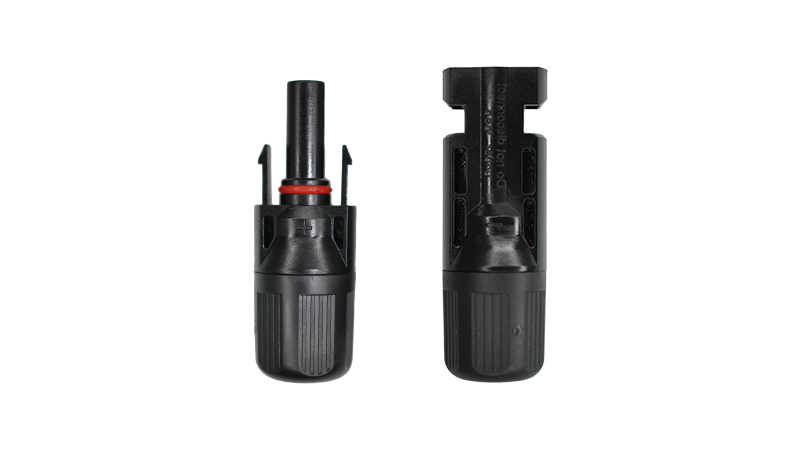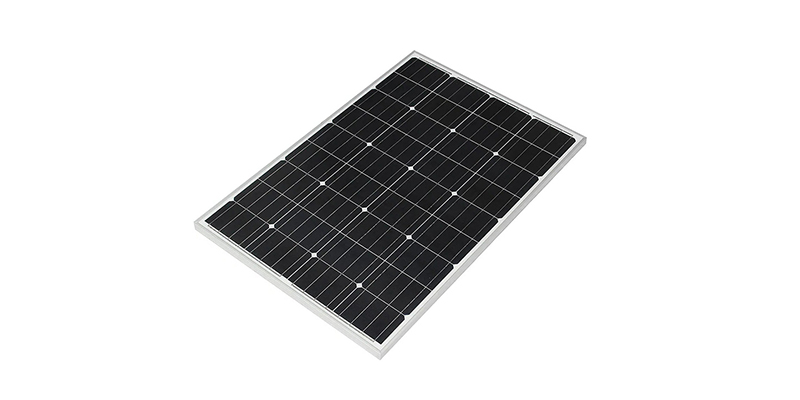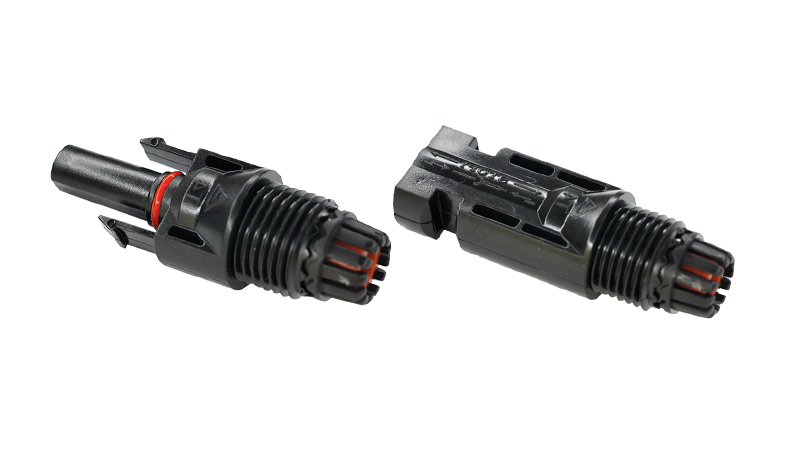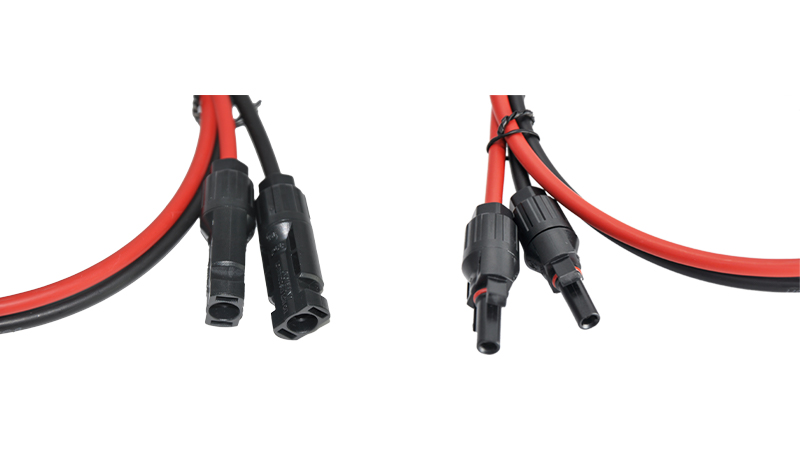Solar panel connectors are an essential part of any solar array. They enable rapid installation, replacement, and maintenance of photovoltaic (PV) panels. Hard-wiring solar panels together is impractical, so nearly every solar installation uses weather-resistant connectors.

What is a solar panel connector?
A solar panel connector is a device used to establish a safe and reliable electrical connection between solar panels. They also connect solar panels and other components of the PV system, such as inverters, charge controllers, and batteries. Solar panel connectors ensure efficient energy transmission and minimize any power loss in the system.
There are several types of solar panel connectors, the most common of which is the MC4 industry standard. MC4 stands for "multi-contact, 4 mm" and refers to the 4 mm diameter of the connector contact pin.
Manufacturers have designed the MC4 to be weatherproof, UV-resistant, and resistant to harsh environments to provide a long-term secure connection. Nonetheless, problems with connectors can introduce weather-related holes into PV systems.
These connectors have male and female heads to ensure correct connection and avoid reverse polarity.
Proper connections must be used when connecting solar panels in series or parallel to keep the PV system stable and efficient.

Why are connectors important for solar panels?
Connectors are essential for solar panel systems to ensure electrical efficiency, safety, climate resistance, scalability, ease of installation and maintenance, and compatibility between components. They minimize power losses and maintain overall system efficiency by providing safe and reliable connections between solar panels and other components in the system balance.
They also protect against potential hazards such as electric arcs or short circuits, and help withstand environmental conditions such as UV radiation, extreme temperatures, and moisture. A high quality connector should be able to sustain the life of a solar PV system (approximately 25 to 30 years).
The connectors facilitate easy expansion of the solar arrays to achieve series or parallel configurations, enabling flexible system design. They simplify installation, maintenance, and compatibility of different solar panel brands and components.

What type of connector is used for solar panels?
MC4: Industry standard
MC4 is the current industry standard for solar panel systems, providing a reliable and secure connection between solar panels and other components of a PV system. They are weather proof, UV resistant, and durable in harsh weather. They ensure a stable connection throughout the lifetime of the solar array. There are male and female head versions, both of which establish the correct connection while avoiding reverse polarity. They have a simple push and lock mechanism that provides a secure connection and reduces the risk of accidental disconnection. MC4 is currently the most popular type due to its safety, reliability, and compatibility with various solar modules.
MC3:An outdated technology
The MC3 is an older generation of solar panel connectors. They were once popular, but the MC4 has largely replaced them. They are characterized by a card-in locking mechanism that is less secure than the MC4 locking system. MC3 also tends to be less weatherable and more prone to corrosion and wear over time. While they are still present in some PV installations, MC3 has become less prevalent due to the superior performance, safety and reliability of MC4. If you have a system that's more than a decade old, it might be time to check the connector and upgrade it to MC4.

FAQ
What is the difference between MC3 and MC4 connectors?
The MC3 connector is an older generation of solar connectors. They have a snap-in locking mechanism, while the MC4 connectors feature a more secure, waterproof locking system. MC4 connectors have become the industry standard due to their improved safety, reliability, and compatibility with various solar panel brands and components.
Do all solar panels use MC4 connectors?
MC4 connectors are the industry standard in almost all newly produced solar panels. Some manufacturers use proprietary or older MC3 connectors. These solar panels are likely to be old and less efficient. MC4 improves the compatibility, security, and reliability of solar panels and their connections.
Conclusion
Solar panel connectors ensure that your panels have a reliable, secure connection to other components. They make maintenance, installation, and replacement easy. When buying solar panels and corresponding components, make sure they use a high-quality connector, such as a standard MC4.
If you have more questions or want to know more about solar PV connectors, please contact us.
You can also contact us directly in the following ways: visit, telephone, email